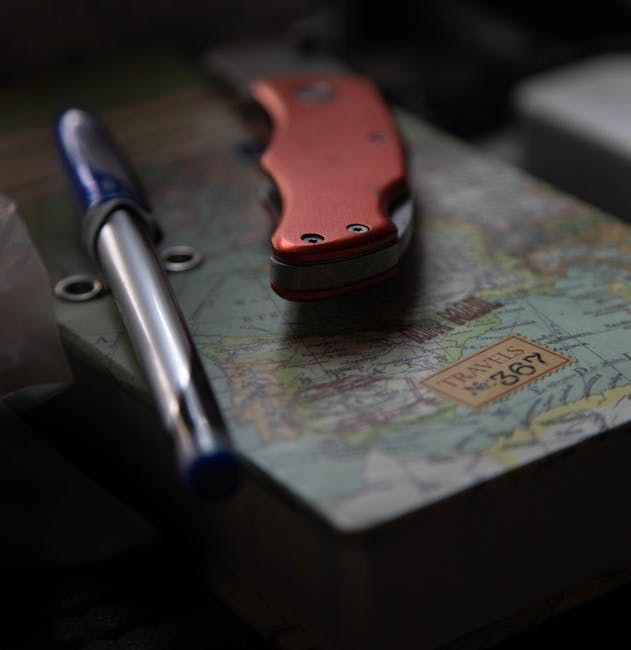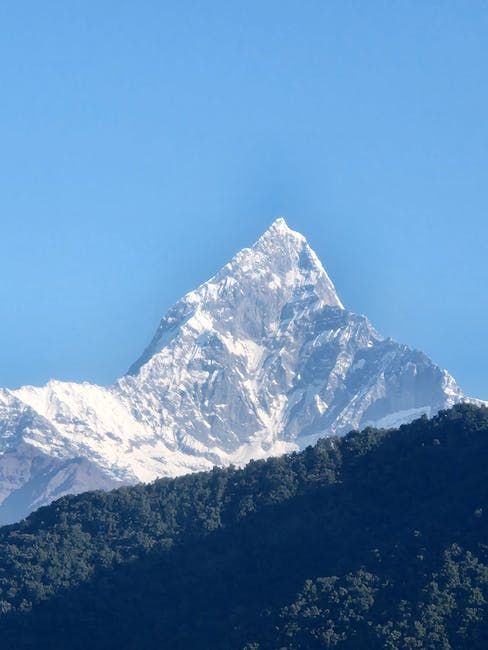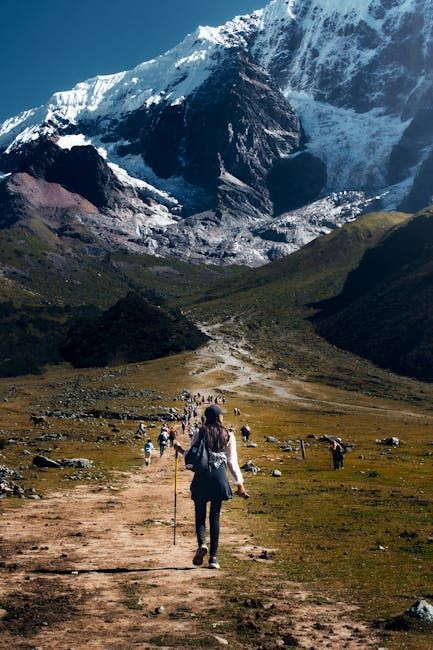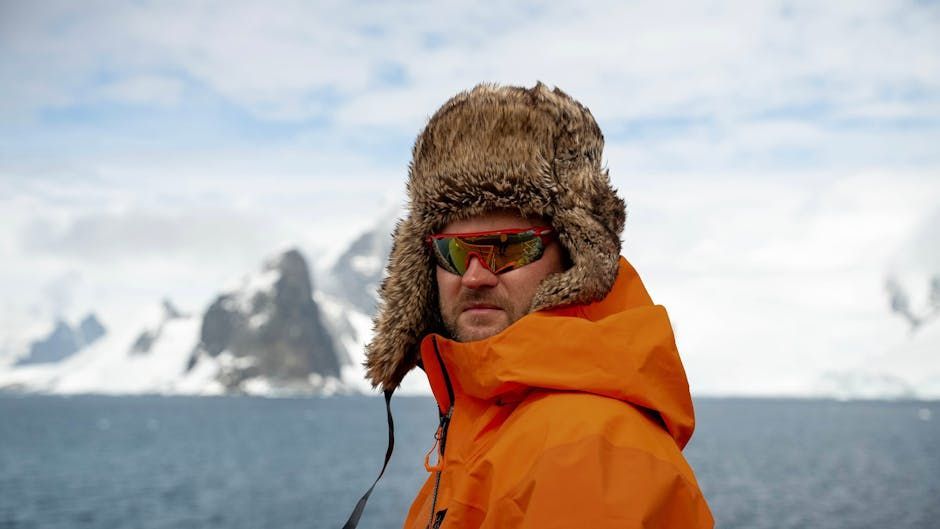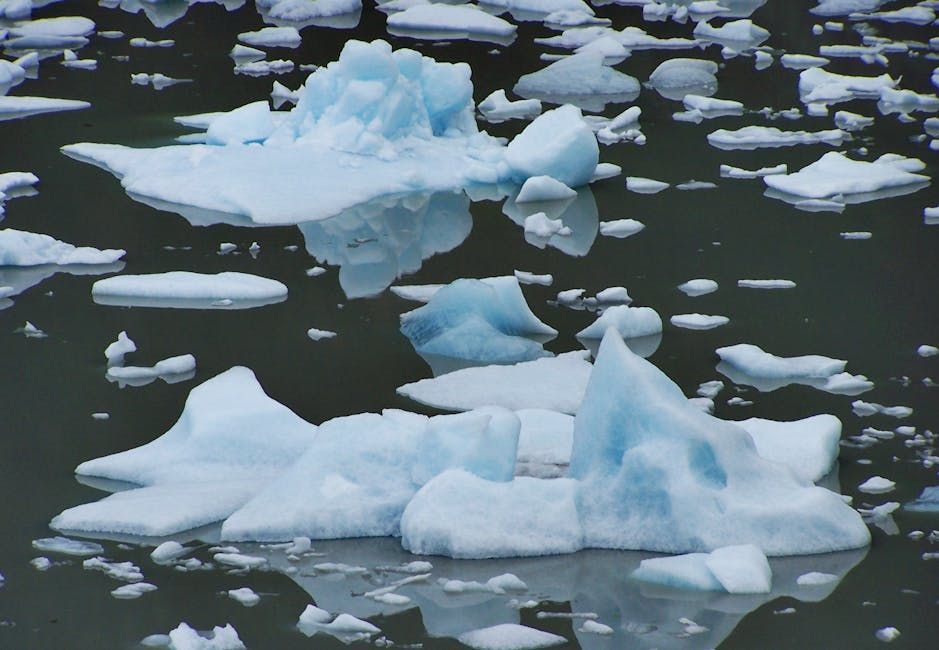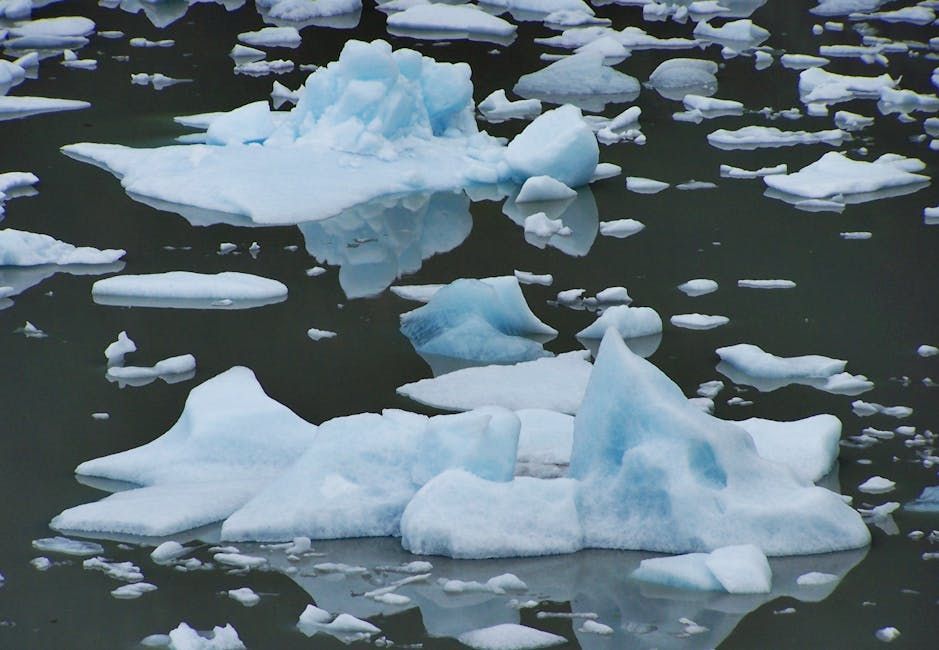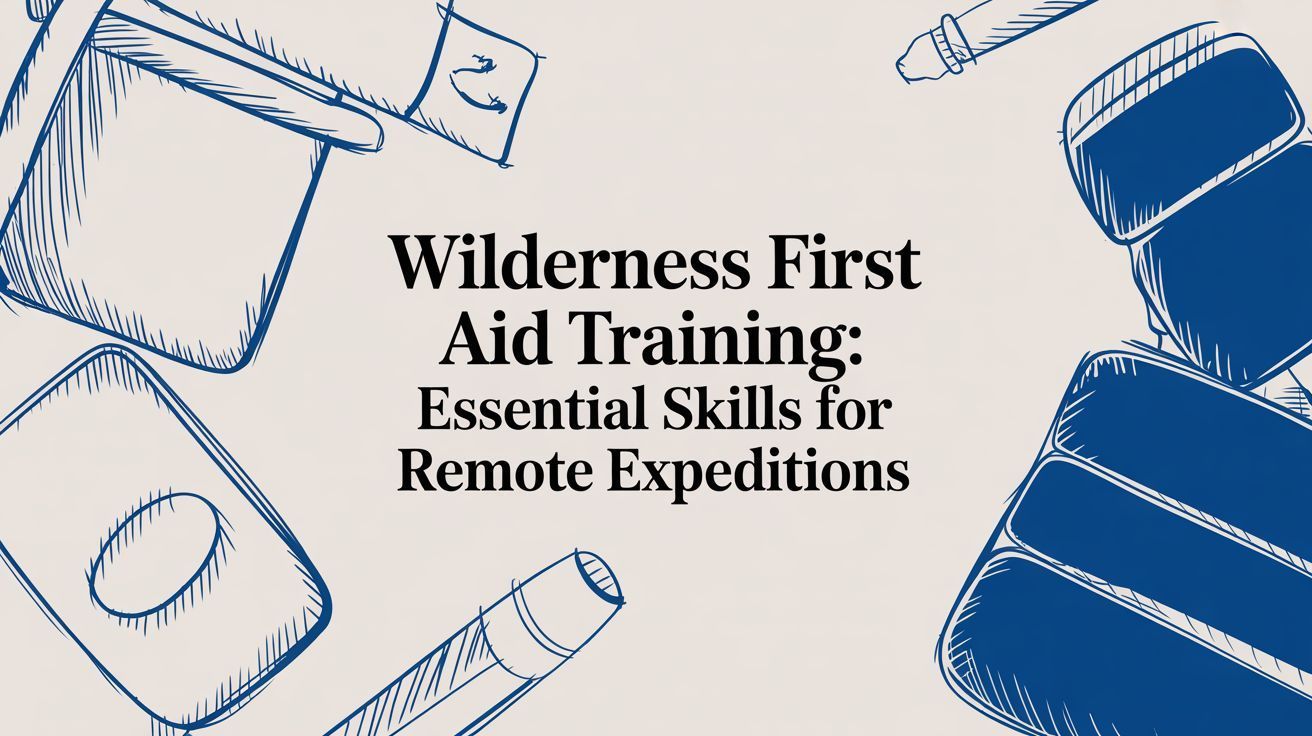Training for the Unknown: How to Prepare Your Mind and Body
Building physical endurance and mental resilience before any expedition.
Preparing for the Demands of Adventure
Expeditions are not simply physical challenges. They require a sharp mind, emotional awareness and the ability to stay composed under pressure. Whether trekking through frozen landscapes or navigating remote terrain, training for the unknown means preparing for unpredictability.
To truly benefit from expedition confidence building and personal transformation outdoors, both mental and physical preparation must be integrated early on.
Strengthening the Mind Before the Journey
A successful expedition begins with mindset. Challenging environments often expose our self-limiting beliefs. Facing harsh weather or isolation can bring out doubt, fear or hesitation. Developing a mindset shift through adventure starts well before setting foot in the wild.
To strengthen mental resilience, consider the following:
- Visualisation techniques: Picture the obstacles you might encounter. This mental rehearsal trains the brain to remain calm and solution focused.
- Cold exposure or discomfort training: Introducing controlled discomfort, such as cold showers or fasting, this helps build resilience against doubt and rewire beliefs through experience.
- Mindfulness practices: Techniques such as breathwork and meditation improve mental clarity and reduce reactive thinking, supporting outdoor challenge mindset reset.
Physical Preparation for Extreme Environments
Preparing the body is not simply about fitness. It involves training for endurance, injury prevention and energy management. Expedition environments are unpredictable and demand consistent physical output across days or weeks.
Key components of physical training include:
- Cardiovascular conditioning: Hill walking with weighted packs or endurance running prepares the heart and lungs for high output days.
- Strength training: Core, back and leg strength are essential for carrying loads and remaining stable across uneven terrain.
- Flexibility and mobility: Stretching and mobility exercises prevent strain and reduce the risk of injury during long movements.
By building your physical foundation, you increase your capacity for self-reliance and ensure that the mental load of the expedition is not made heavier by fatigue.
Building Mental and Physical Integration
The most valuable preparation involves bringing mental and physical training together. Adventure and limiting beliefs often intersect during difficult moments, when the body is tired and the mind begins to question.
Consider simulated micro adventures that replicate the conditions you expect to face. These short journeys allow for mistakes, encourage learning and support personal discovery expeditions in real time.
Pair this with journaling or self-reflection to track how your thinking evolves during challenge. The more aware you are of your triggers and breakthroughs, the more likely you are to find confidence through adversity when it matters most.
Why Preparation Shapes Transformation
Preparation is not just about readiness. It lays the foundation for long lasting growth. Expeditions are powerful tools for mindset growth and wilderness personal growth. However, the value you extract from them depends on how well you understand your limits and intentionally push beyond them.
As you prepare for the unknown, remember that physical strength will carry you forward, but it is mental freedom in nature that will change the way you see yourself. Training with purpose unlocks not just endurance, but deep and meaningful self-awareness.
Conclusion
Training for the unknown is an act of self-respect. It acknowledges that true transformation through travel does not happen by accident. It is earned through deliberate physical preparation, emotional honesty and a willingness to face challenge head on. When approached with the right mindset, preparation becomes more than a checklist. It becomes the beginning of an inner journey that continues long after the expedition ends.

